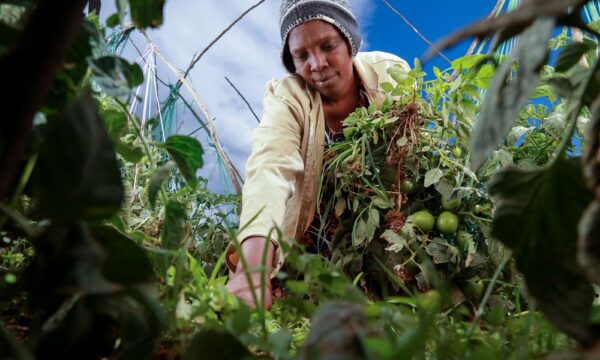Biofuels are often touted as a way of efficiently generating power with lower effects on the environment than existing fuel production methods. But how effective are they if you weigh everything up? A paper by Lucas Reijnders in CAB Reviews looks at life-cycle assessments of biofuels and finds that they are much less efficient than solar cells in energy conversion, and some perform worse that conventional fossil fuels in emission of chemicals contributing to acidification and eutrophication. Some even appear set to worsen climate change.
Life-cycle assessments are very complex to do, because it is hard to work out what effects to rule in or out and on what basis to make comparisons. Factors such as what the land was previously used for need to be taken into account. Thus fuel from sugarcane grown on cleared Cerrado savannah has a lower net effect on greenhouse gas emissions than conventional diesel, but if a rainforest is being cleared, the biofuel does worse than diesel. Biofuels look much better if grown on land that isn’t currently absorbing much CO2. Reijnders, from the Institute for Biodiversity and Ecosystem Dynamics at the University of Amsterdam, points out that incentives may be needed to encourage the use of abandoned soils rather than clearing rainforest, as the rainforest clearance gives producers income from the sale of timber.
The input of fuel into producing biofuel needs to be estimated. Reijnders concludes that total fossil-fuel demand is relatively high for ethanol produced from European grain or US maize, and relatively low for palm oil or ethanol from sugarcane. However, palm oil tends to do worse than fossil fuel in greenhouse gas emissions.
“The ‘seed-to-wheel’ emissions of greenhouse gases associated with current transport biofuels are often higher than the corresponding life-cycle emissions of conventional fossil fuels”, says Reijnders. “Palm oil and ethanol from maize and wheat may contribute to energy security, but are counterproductive in limiting climate change,” he writes.
‘Transport biofuels – a life-cycle assessment approach’ by Lucas Reijnders, CAB Reviews: Perspectives in Agriculture, Veterinary Science, Nutrition and Natural Resources, 2008, 3, No. 071
Related News & Blogs
Biodiversity loss: How can we reclaim our landscapes from threats to biodiversity?
On 22nd May, we mark the International Day for Biological Diversity. In this article, CABI’s Global Director for Invasive Species Dr Hariet Hinz looks at how we can reclaim our landscapes from threats to biodiversity. Biodiversity loss is proceeding at…
22 May 2025




